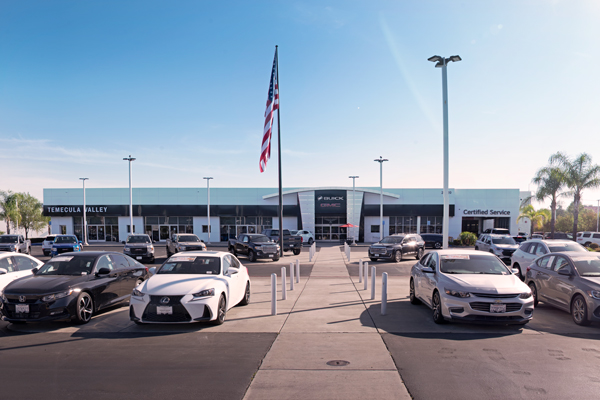What a Car’s Worth — 3 Data Points to Consider
Article Highlights:
- Dealership structure can impact vehicle pricing in many ways.
- There is no benchmark MSRP – every vehicle is unique.
Dealers have known for decades that a unique market space requires a unique pricing strategy. That said, it’s always been difficult to quantify this logic.
High demand for a car means you can sell it at a higher price, but how much higher?
Oftentimes, industry data is combined with market-specific insights to determine a good price for a vehicle. That said, there are three elements to vehicle pricing that are largely dependent on your specific market:
Acquisition Costs
The cost of purchasing used vehicles to fill inventory has risen over the past few years thanks to high inflation and low supply. Many dealers have had to get a little creative when it comes to finding inventory, from expanding their search, mining their database, or simply looking to places like Facebook Marketplace or Craigslist for seller listings.
While purchasing costs vary from one vehicle to the next, more resources will inevitably go towards what your dealership sells best.
Prep Costs
The cost to recondition and advertise a specific car creates another variable that’s reflected in pricing.
Consider the difference between a dealer group with a large geographic span between all of its stores and a single rooftop dealer. While the single store buys and prepares cars for one specific lot, the dealer group has a lot more flexibility. They can acquire and recondition a vehicle in one area, and then retail it in a market with higher demand. For example, a store in Los Angeles could acquire an all-terrain vehicle and sell it in Colorado where demand is higher. And while there are costs associated with moving vehicles from one market to another like this, it’s possible the additional profits could make this the best option for the dealer group.
Additionally, consider a franchised dealership’s reconditioning process compared to an independent used car lot. While the franchised dealer may have a designated reconditioning department, smaller independent dealers may be outsourcing their recon to a nearby repair shop.
Vehicle Specifics
This one may seem like a given, but the specifics of each vehicle vary so widely they can have a huge impact on the acquisition cost and selling price. Although mileage is the most common factor for determining price, there are a few other important details to consider:
- Features: Some consumers may find things like built-in GPS or lane assistance nice to have, but others may feel less drawn to a car with too many ‘bells and whistles’.
- Trim Levels: Consumers are generally willing to pay more for a higher trim level. Some may even prefer to get an older model vehicle with high trim over something newer.
- Vehicle Color: Consumers feel strongly about their color preferences. Depending on the model, black or silver vehicles may depreciate at a slower rate than their brightly colored counterparts as a result. And don’t discount the importance of interior color or the combination of exterior and interior in your valuation.
It’s important to remember the value of these are not universal. Having true comparable vehicles when pricing can mean hundreds, if not thousands, in profit.
Determining the right listing price for used vehicles requires an intuitive understanding of where your market stands in relation to the larger automotive retail industry. After all, there is no benchmark MSRP – every vehicle is unique.
Looking at acquisition costs, prep costs, and vehicle specifics to determine how much a car is worth in your market can sometimes get a little tricky. Utilizing data and working to understand your specific market as it changes over time are both key when it comes to finding a pricing strategy that works for you.
Related Articles:

Making a Difference Far Outweighs Selling Cars
Meet Peter. Dealer principal at Peter Boulware Toyota in Tallahassee, Florida. Former all-American at Florida State and former Super Bowl XXXV champion with the Baltimore…

Inventory Insights from Wiesner of Huntsville
For over a year now, low vehicle inventory has challenged dealers to think outside the box. Creativity is surely welcomed, but let’s not forget about…

Retail Anywhere: Helping Dealers Across the Board
The automotive market is always evolving. Customers expect a top of the line buying experience not only at the dealership, but at home, the office,…

The Dealership’s Central Nervous System
When John Keohane, vice president of operations for Temecula Valley Buick GMC, thinks about what a DMS does for a dealership, “it’s the central nervous…















